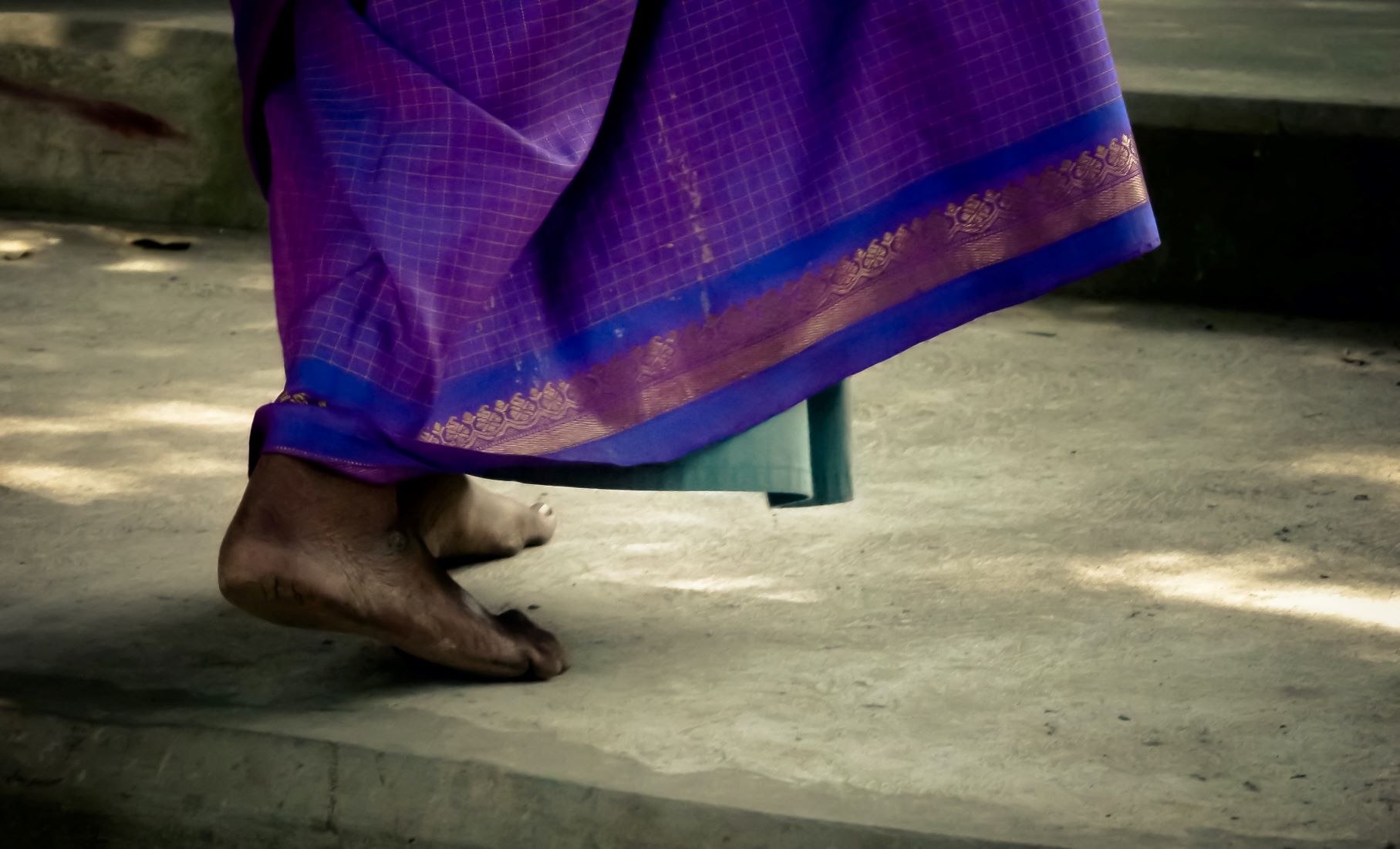Etsevu Nilamui (ate-say-VOO nee-lah-MWEE)
CW: child fights, prejudice

The matriarch put her hand out for Ayan, who nervously stepped forward. "Before we begin eating, I would like to announce that Ayan has made her declaration of intent to join our community."
Ayan didn't know what she had expected, but it certainly wasn't this. Several people banged on the tables in front of them, as a roar of cheers rose up. Askel, of course, was loudest. "It's about damn time!"

by Nagy Arnold
Etsevu nilamui, or skills demonstration in the Epaluno Language is the ceremony in which a person recieves full rights among the Pelan. It is also sometimes called an Ibi'an ceremony, especially by outsiders.
The ceremony gets its name from its oldest form, a coming of age ritual in which nine year-olds were given sharpened Thoov branches and told to face off against an armed teenager or adult. This was considered a way for the nine year-old to demonstrate that they were prepared for adulthood and had the skills necessary to participate in the community fully. If the child won the battle (which they usually did, as the adult would purposely leave openings), they were considered an adult, and presented with the purple headscarf, or ibi'an, which marked their full status in the community. From then on, the child would be able to participate in democratic decisions made within the tribe and expected to participate in other activities, such as hunting, cooking, and child-care.
In some cases, Pelan communities also held an etsevu nilamui gem, or adult skills demonstration for outsiders who joined the Pelan community. Usually, these were people who had been outcasted by the societies into which they were born and joined the Pelan nomads, or later, people who had married into Pelan communities. For these people, the matriarch typically held a secret community vote regarding whether a person had integrated enough to give them full rights. A no vote would usually be followed by a discussion as to what the person still needed to do, and a yes vote would be followed at a later date with a formal presentation of an ibi'an to the person in question. Adults were not required to fight as children were because they were considered to have already demonstrated their skills during day to day life.
Related Ethnicities
Etsevu Nilimui Gem vs. Conversion
The Pelan have always considered their culture different from the Epaluno Religion. Therefore, the adult ibi'an ceremony marks someone as a member of the Pelan community, but is considered different than an Epaluno conversion, which only requires a declaration of faith. Before the ceremony was formalized, most adult ceremonies were held for people who had participated in the community for years, but had not necessarily adopted the religion. Today, most people who join a Pelan community do so because they have converted to the Epaluno religion. For these people, the declaration of intent to join the community usually accompanies the brief conversion seremony during a service or community meal. In some cases, however, a person who has interacted with the community for years may finally agree to be officially adopted into it. For this reason, the length of time between a delcaration of intent and the final etevu nilimui gem can vary greatly, though it usually takes several years.

by Topich



I love the history of this ceremony and how it has morphed into what it is today. The prose at the beginning gave me warm heart-fuzzies. :)
Explore Etrea
Glad to hear it had the desired effect :)